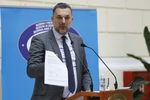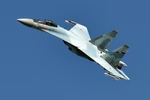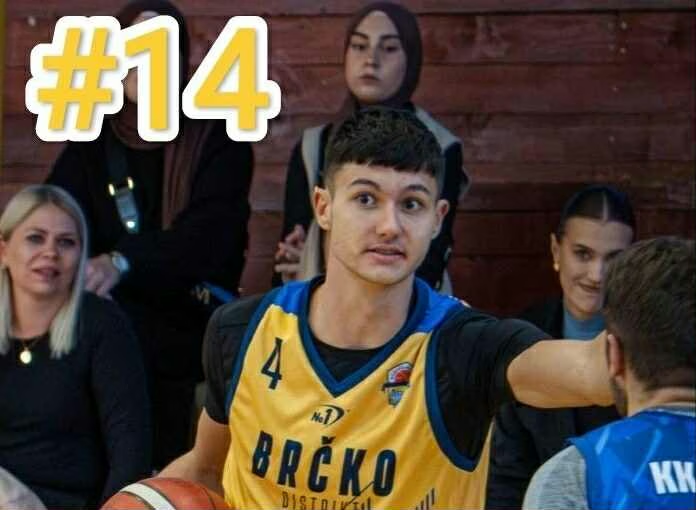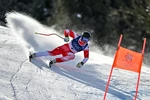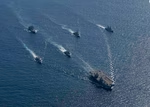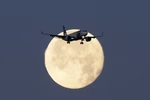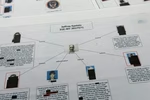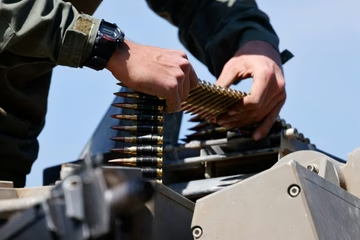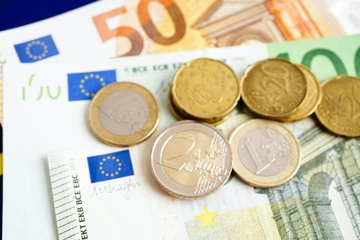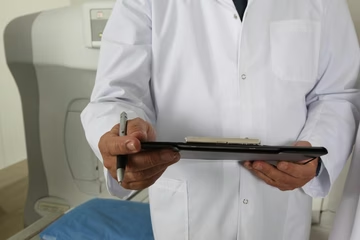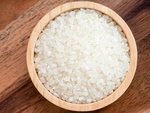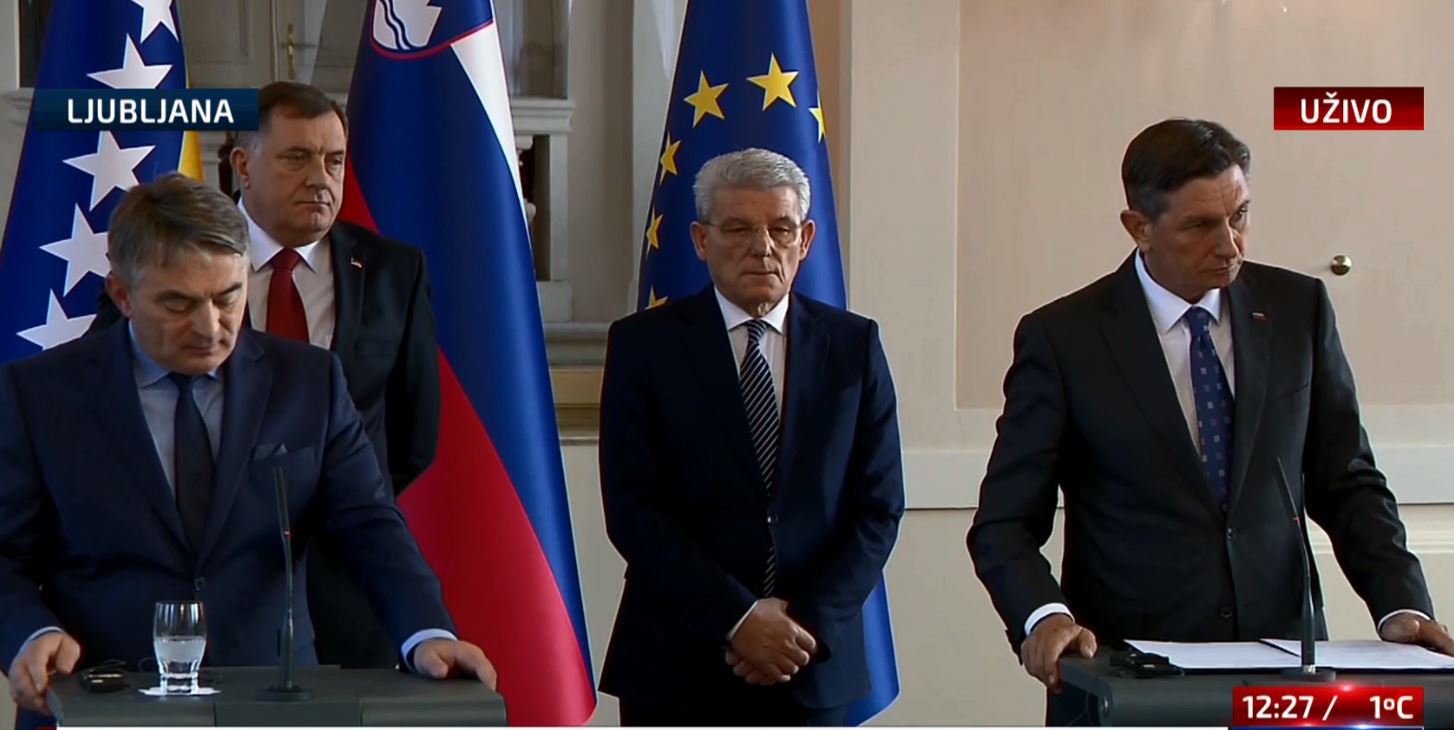
If the EU delays the expansion process, then the Western Balkans will also be late in implementing reforms and making progress, Slovenian President Borut Pahor said at a press conference on Wednesday following a meeting with Bosnia's tripartite Presidency in Ljubljana.
Praising the good relations between the two countries and the good economic cooperation which reached €1.4 billion in trade, he said:
“Bosnia is the third most important foreign investment destination for Slovenian companies.”
“We, Slovenians believe in Bosnia's future. Three peoples live there, and Bosnia is our close, friendly neighbour and we want our relations to improve even further. Almost a thousand (Bosnian) high school and university students have scholarships here. I am glad that all three of you came to Ljubljana, which is an opportunity to further intensify our political, economic and human relations,” Pahor said, adding that Slovenia will do everything to preserve peace in the region.
Bosnia's Presidency Chairman and Croat member Zeljko Komsic said he was glad that Bosnia has always had a friend in Slovenia's political leadership.
“We came to the conclusion that we need to jointly intervene with the institutions of the European Union and the new European Commission to address the migration issue in a satisfactory manner. I am sure we can expect an increase in cooperation,” Komsic concluded while speaking about the migrant crisis affecting Bosnia and Slovenia.
He also confirmed that Bosnian women and their children who are currently residing in prisons across Syria will return to Bosnia, this week.
“Those are our women and children staying there. These things are completely under control,” he said.
Serb Presidency member Milorad Dodik confirmed the good and friendly relations with Slovenia, adding that it is an important EU member state.
Speaking about the migrant crisis, Dodik warned that EU member states must have a responsible policy regarding this issue.
“I want to say that we don't need the money but we also don't need the migrants,” Dodik said.
"When it comes to the nuclear waste disposal issue between Bosnia, Croatia and Slovenia, Dodik warned that Slovenia and Croatia must take Bosnia's arguments into account.
When it comes to Trgovska Gora, Bosnian and the Republika Srpska (RS) entity's position on this is the same. It would only be polite if this issue wouldn't cause any problems in third countries, and we will continue to insist on this issue. Croatia needs to understand Bosnia's position properly. Slovenia and Croatia need to take into account Bosnia's positions,” Dodik noted.
Ever since Croatia decided to dispose of its nuclear waste at the Trgovska Gora region, which closely borders with Bosnia, the RS and Bosnian institutions have been warning against it, saying it will have a negative impact on the health of the people living there as well as the entire ecosystem.
Bosniak Presidency member Sefik Dzaferovic said one of the topics they touched upon was Bosnia's EU integration process
"The most important thing for me is the initiative that we started at this meeting, which is to urge the newly elected European Commission to focus on the issue of the Western Balkan's EU membership so that we could prevent any negative effects of the European Council's latest decision regarding Northern Macedonia and Albania. This decision disappointed us all in the Western Balkans, but it didn't discourage us," Dzaferovic said, adding:
“The German-British initiative sped up Bosnia's Euro-Atlantic integration process. We need such an approach and a friend to help us – and Slovenia is a great friend.”
The welcoming ceremony was held at Ljubljana's Congressional square, where they were welcomed by the President of Slovenia Borut Pahor.
Kakvo je tvoje mišljenje o ovome?
Učestvuj u diskusiji ili pročitaj komentare





 Srbija
Srbija
 Hrvatska
Hrvatska
 Slovenija
Slovenija












